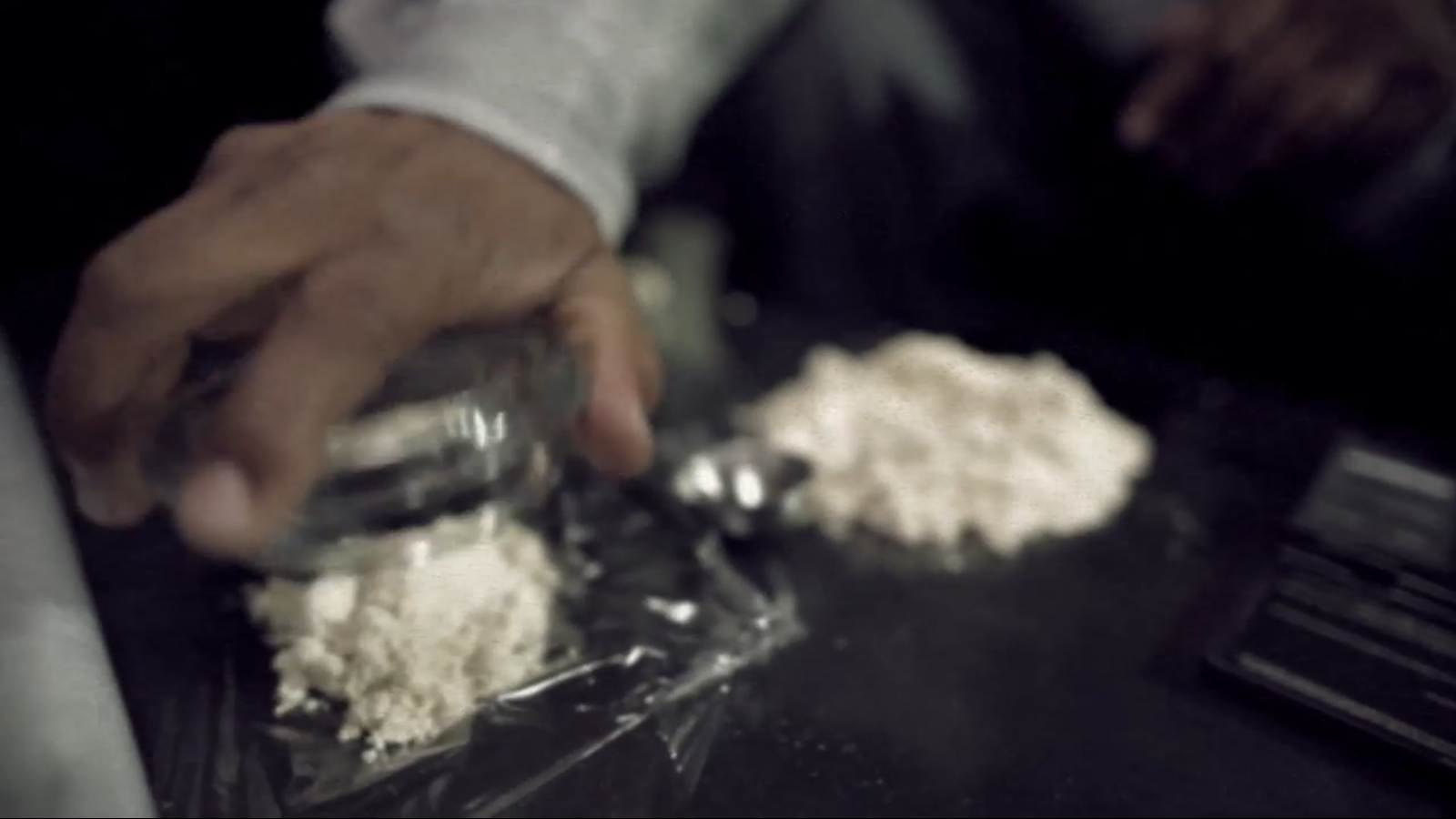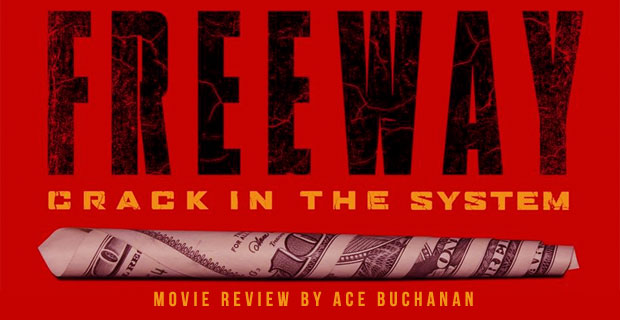



In 2010, he sued the rapper who had taken his name, seeking $10 million in damages, but after many legal battles, he ultimately lost the case. Released in 2009, he’s since become - what else? - a motivational speaker and author. Ross ultimately spent over twenty years in prison - a previous life sentence was reduced on appeal - teaching himself to read and write during his incarceration. Untouchable, Brick City) exposes how the infiltration of crack cocaine destroyed inner-city. The documentary features extensive excerpts of a previously unseen interview with the controversial reporter, conducted just a few days before his 2004 suicide.Īlso interviewed are many central figures in Ross’ story, including his mother, several of his criminal associates, a Nicaraguan trafficker who worked with the Contras, various law enforcement officials and a politician who says, regarding the harsh laws against crack versus regular cocaine, “I knew that these laws were a mistake when we were writing them.” This documentary by award-winning filmmaker Marc Levin (SLAM, Mr. A journalist key to exposing the story was Gary Webb (subject of the recent feature film Kill the Messenger, starring Jeremy Renner). in bringing drugs into the country, with the profits going to the Contra rebels in Nicaragua. The film tells a complicated story, including the alleged role of the U.S. Read More Tribeca to Honor Frank Sinatra With ‘On the Town’ Screening, Tony Bennett Performance The documentary Freeway: Crack in the System attempts to redeem Gary Webb by proving that the CIA/crack connection is real. And he was very good at his illegal trade, becoming a major drug kingpin and reaping endless riches in the process. “I tasted the American dream, and I liked it,” he says during one of the film’s many interviews.


 0 kommentar(er)
0 kommentar(er)
